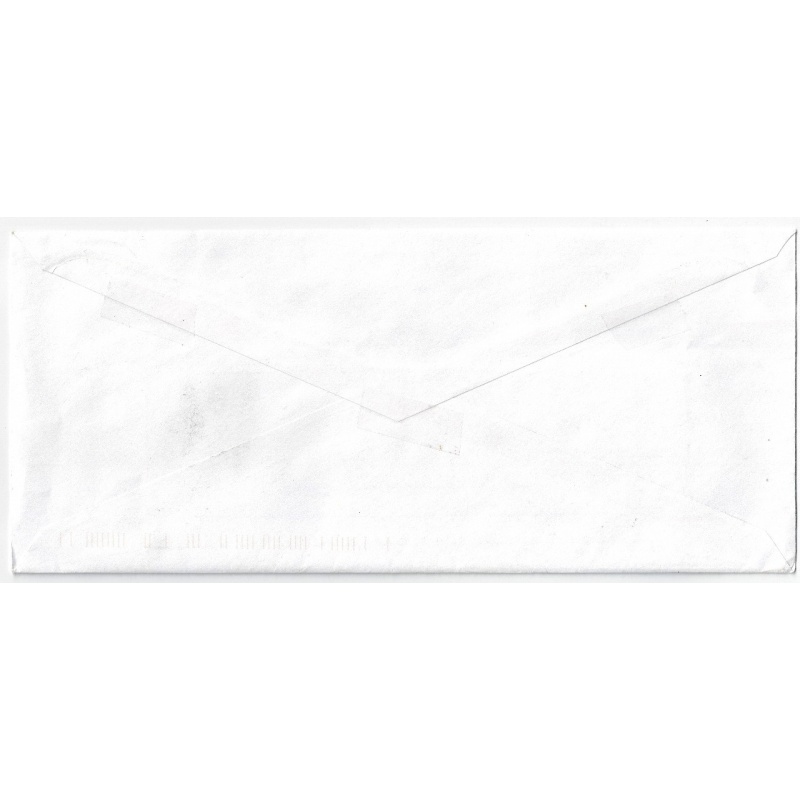ROLAND WILLIAM STEELE | "The Karate Killer" | Steele apparently preferred live flesh to punching bags for workouts in the martial arts, selecting victims who were helpless to defend themselves | Sentenced to Death | ALS
LongfellowSerenade 20
$20.00
- Postage
-
$0.00 to United States
Standard Shipping
Get Additional Rates
- Select Country
- Zip/Post Code
- Quantity
Description
Roland Steele. Autographed Letter, Signed. Handwritten, Commercial #10 (4.125 × 9.5 envelope). Somerset PA. May 31, 2024. Content unknown. SEALED.
A.K.A.: "The Karate Killer"
Classification: Murderer
Characteristics: Kidnapping - Robbery
Number of victims: 3
Date of murder: June 21, 1985
Date of birth: 1947
Victims profile: Lucille Horner, 88, Minnie Warwick, 86, and Sarah Knutz. 85
Method of murder: Beating to death, "karate-style"
Location: Washington County, Pennsylvania, USA
Status: Sentenced to death on March 25, 1988
The crimes committed by Roland William
Steele were particularly heinous. In June of 1985, Steele was charged
with the murders of Lucille Horner, age 88, Minnie Warrick, age 86,
and Sarah Kuntz, age 85. The victims' bodies were found in a
secluded, wooded area off a dirt road in Cecil Township, Washington
County, Pennsylvania. The investigation led to Steele's arrest the
following day in McKees Rocks, Pennsylvania.
During the trial, it was revealed that the evidence against Steele was circumstantial but sufficient to prove beyond a reasonable doubt his guilt in the three counts of first-degree murder, two counts of robbery, and two counts of theft by unlawful taking. The jury found him guilty, and he was sentenced to death for the murder convictions, with additional consecutive sentences for the robbery convictions. The theft convictions were merged with the robbery convictions.
Steele, who had a black belt in karate, met the three elderly women in a parking lot and convinced them that they had car trouble. He then offered to drive them in one of the victim's cars to a nearby garage. The nature of the crimes suggests that robbery may have been a motive, as Steele was also convicted of robbery and theft by unlawful taking. The brutality of the murders, where two of the victims were beaten until their hearts ruptured and the third asphyxiated due to a fractured larynx, indicates that Steele used his martial arts skills to commit the crimes.
During the legal proceedings, Roland William Steele's defense team did raise arguments related to mental health. Specifically, they focused on the standard governing claims for ineffective assistance of counsel, which includes considerations of the defendant's mental health. The defense argued that Steele's counsel's performance was deficient and that this deficient performance prejudiced the defense.
The court's response to the mental health-related arguments presented by Roland William Steele's defense team was to evaluate the claims based on the standard governing claims for ineffective assistance of counsel. The Post Conviction Relief Act (PCRA) court found that Steele failed to prove the arguable merit prong of his claim of trial counsel ineffectiveness. This means that the court did not find sufficient evidence to support the argument that Steele's counsel's performance was deficient in a way that prejudiced the defense.
The court's decision is often based on a thorough review of the evidence and arguments presented during the trial. In Steele's case, the court concluded that the defense did not meet the burden of proof required to establish that Steele's mental health issues, if any, were not adequately represented or considered during the trial.
In evaluating Roland William Steele's mental health claims, the court considered the lack of evidence presented by the appellant in support of the arguable merit prong of his ineffectiveness claim. Steele did not assert that there was any evidence of his alleged mental impairments in the form of medical, school, or prison records, or any other documentation. The court's decision was based on the absence of such evidence, which is crucial in establishing a claim of ineffective assistance of counsel related to mental health issues.
The court also noted that the appellant offered no other evidence to support his claim that counsel should have discovered and presented mental health mitigation to the jury. This indicates that the court was looking for concrete, documented evidence of mental health issues, which was not provided. As a result, the court found that Steele failed to prove the arguable merit prong of his claim, which is a necessary component of the Strickland test for ineffective assistance of counsel claims.
Archiving Protocol:
• Handled with White Gloves ab initio
• Photo Pages/Sheet Protectors: Heavyweight Clear Sheet Protectors, Acid Free & Archival Safe, 8.5 × 11, Top Load
• White Backing Board—Acid Free
Shipping/Packaging: Rigid Mailer 9.5 × 12.5. White, self seal, stay flat, kraft cardboard, no bend. Each rigid mailer is made of heavy cardboard, which has strong resistance to bending and tearing. Thicker that the USPS mailers. Shipping cost never more than it absolutely has to be to get it from me to you.
Payments & Returns
- Payment Methods
- PayPal, Money Order
Postage & Shipping
- Item Location
- 49858, Michigan, United States
- Ships To
- Worldwide
- Pick-ups
- No pick-ups
- Shipping Instructions
- Shipping charges may apply to overseas posts.
- Returns Accepted
- No







